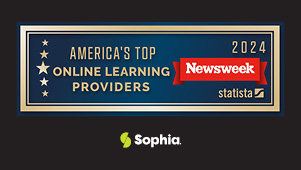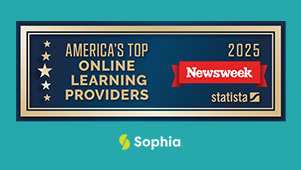College can be overwhelming as much as it’s exciting, and a big part of that is paying for it. Fortunately, thousands of scholarships are available to make higher education more affordable (or possibly free!) if you know where to look.
Find out the different types of scholarships for undergraduate students, how to find them, and quick tips for creating a strong application.
What Is a College Scholarship?
A college scholarship is a form of financial aid that does not need to be repaid. Scholarships can come from schools, nonprofit organizations, employers, local businesses, private donors, or state or national programs. Each scholarship has its own eligibility criteria, such as academic achievement, financial need, community involvement, athletic talent, or personal background.
Scholarships differ from grants or student loans. Grants are usually need-based, and loans need to be paid back eventually. Scholarships can be awarded annually or as one-time awards. While the prestigious scholarships with high award amounts get the most attention, even small scholarships can add up over time.
Types of Scholarships for Undergraduate Students
Scholarships come in many different types. Here are the most common categories and what they offer.
Merit-Based Scholarships
Merit scholarships reward students for personal achievements rather than financial need. These may include:
- Academic merit, such as a high GPA, class rank, or standardized test scores
- Leadership involvement, including student government, clubs, or volunteerism
- Creative or performance-based achievements, such as art, music, robotics, or innovation competitions
Merit scholarships are among the most competitive, but they also tend to offer substantial awards. Many colleges automatically consider applicants for institutional merit aid during the admissions process, but others require separate essays, portfolios, or interviews.
Need-Based Scholarships
Need-based scholarships support students whose financial circumstances create barriers to college access. These scholarships usually require:
- FAFSA submission
- Demonstration of financial aid based on household income, family size, or other factors
If you’re planning to apply for a need-based scholarship, it’s important to complete the FAFSA as early as possible each year to maximize eligibility.
Athletics Scholarships
Athletic scholarships are awarded to student athletes who demonstrate exceptional talent in a specific sport. They’re typically offered at NCAA Division I and II schools, NAIA institutions, and some junior colleges.
These scholarships may cover partial or full tuition. Some include academic expectations, however. If you’re interested in an athletic scholarship, work closely with coaches, maintain a strong academic record, and review the NCAA eligibility requirements.
Field-Specific Scholarships
Field-specific or major-specific scholarships are designed for students pursuing a particular academic or professional pathway. Some examples include:
- STEM, such as engineering, computer science, data analytics, and biology
- Education and teaching
- Business and finance
- Arts, humanities, or social sciences
- Nursing and healthcare
These awards are often offered by industry associations, employers, or professional organizations committed to developing future talent.
Other Types of Scholarships
You can explore scholarships outside of the most common categories, such as:
- Identity-based scholarships for first-generation college students or underrepresented groups
- Community service scholarships
- Military-affiliated scholarships like ROTC or for dependents of service members
- Employer-sponsored scholarships
- Micro-scholarships, which award small amounts for achievements like volunteering or earning high grades
These specialty scholarships allow students to match their unique needs and experiences with appropriate funding opportunities.





































































































































